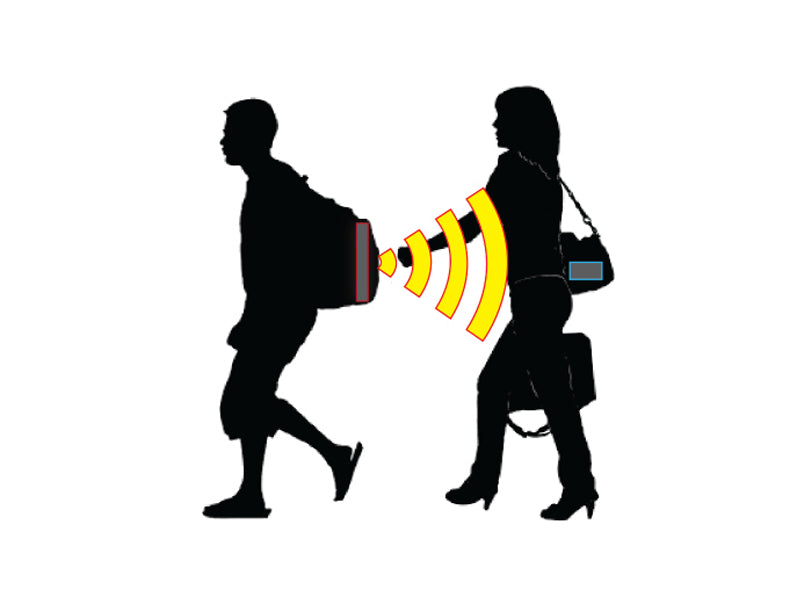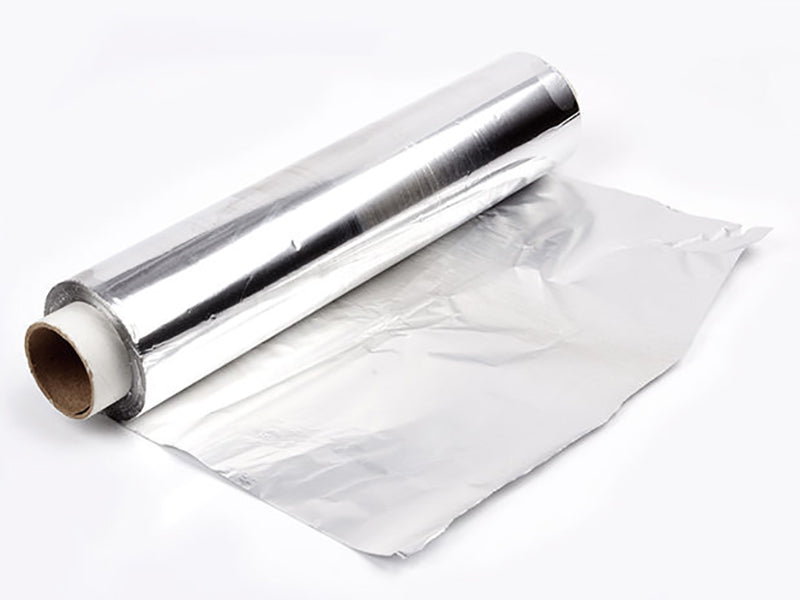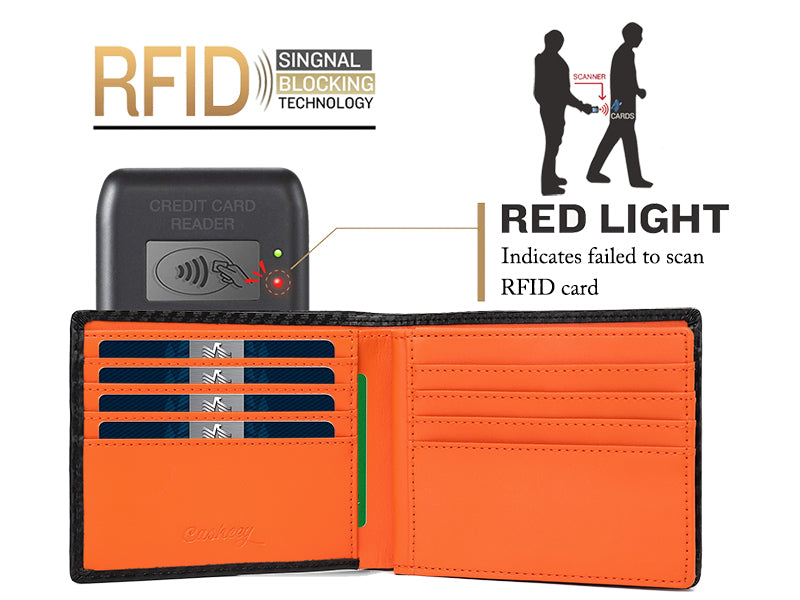RFID is an acronym for "radio-frequency identification." RFID chips embedded in various cards and passports contain information conveyed via radio waves. It makes for quicker transactions or transits by allowing scanners to pick up the information with less physical interaction.
Nevertheless, RFID also poses some threats. This technology can save shopping time and make your trip more convenient while increasing the risk of information disclosure. As we all know, with the development of contactless credit cards and smart passports, there has been a rise in concern about RFID theft. RFID theft can use remote scanners to lift the information on your cards and either generate fake payments or use your personal information for other scams.
But is RFID theft really a problem? Do you need RFID protection? Some say that RFID wallets do not need to be used because the possibility of RFID card theft is very low. But just in case, buying an RFID blocker or even an RFID blocking wallet can make your trip safer and worth it.
Is RFID theft a real problem?
As early as 2015, a piece of Japanese news reported that a new type of digital theft emerged at train stations and shopping malls. This type of digital pickpocket has new technology that makes it easy to steal bank card information without touching the victim's wallet. The criminal stood 15 cm away and used an RFID scanner to obtain the victim's bank information. This is known as "digital skimming."
In fact, the overall chances of RFID theft are pretty low. However, the risk can depend on your area and what you're carrying. American residents are less likely to be targets of RFID theft than in places like Europe because there are less RFID credit cards in America. However, the use of chip cards in the USA is rising. So if that's where you live, it's worth checking if you have this tech on your card.

Do your cards need RFID protection?
The real answer to this is it depends. If you don't have an RFID credit card, you still may have RFID in a metro card, work ID, or smart passport. Whether you want to protect the information on these is up to you.
For low-risk people that still have cards, passports, or ID you'd prefer to keep under wraps, then investing in some protection could be worth that extra peace of mind to know you're covered.
If you travel a lot and want to ensure your passport's personal information is secure, then it's well worth getting a passport cover with built-in RFID blocking technology.
What are RFID blocking wallets made of?
The answer is metals. The most used metals for RFID blocking wallets are copper, aluminum, and alloy nickel. Metal is the primary material used to make RFID blocking shields because of the natural properties of metals and their ability to interact with electric energy. Metals can generate electromagnetism that can be vital in blocking waves similar to what is emitted by an RFID reader. Metals are added as linings within the seams that the naked eye cannot see. The lining can either have multiple metal options or just a simple aluminum foil.
Other ways that can protect your RFID cards.
If you're mainly protecting credit cards and don't want to buy a new wallet, then RFID sleeves are great. RFID sleeves mainly consist of coated paper or PVC and aluminum foil material. They can fit into most regular wallets and are cheap.
Also, you can do RFID blocking with aluminum foil. It can work by simply wrapping it around your cards or wallet. Many people use aluminum foil around their cards' as a homemade, cheap RFID blocker.

Despite that, there are numerous reasons why aluminum foil may not be a recommended permanent solution. First, the foil is not as durable and creases or can tear easily. Not to mention having your wallet or cards wrapped in foil may not look great.
You are better off purchasing an RFID sleeve or RFID wallet than wrapping your card in aluminum foil. With this, you can provide your wallet with an acceptable fashion value, including security.
To sum up, the risks of RFID theft are low. But suppose you'd prefer to concentrate on locking in your best moments instead of considering whether you're entering a situation where RFID theft is possible. In that case, investing in RFID protection could be a wise choice. As always, Safe Travels.
End.

